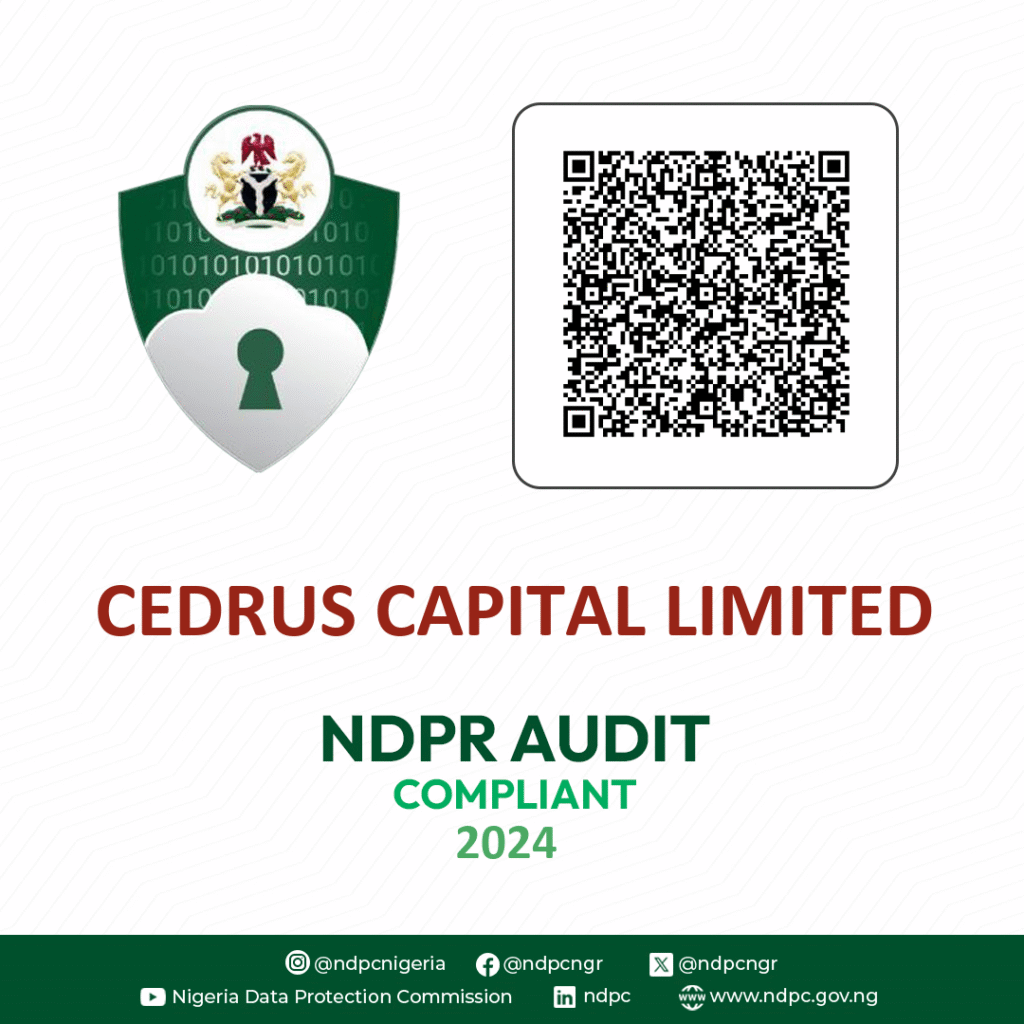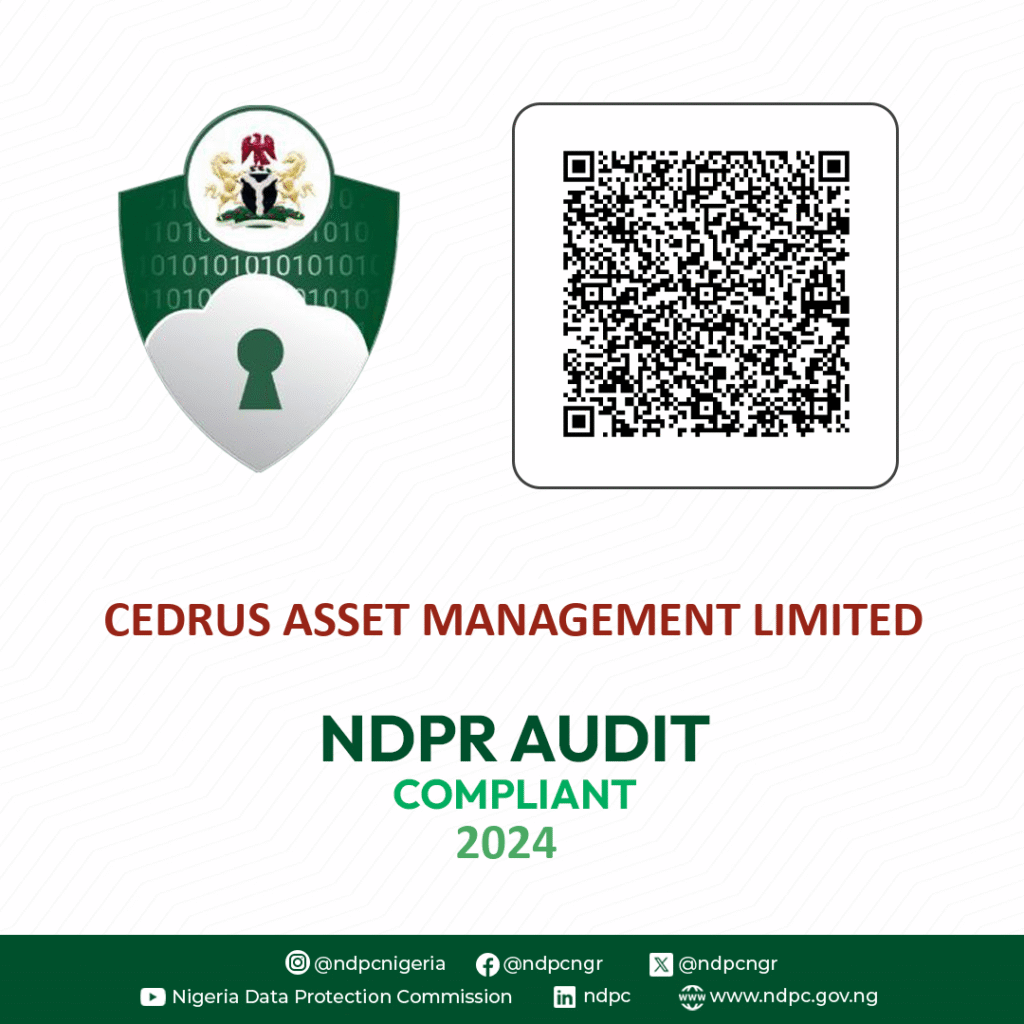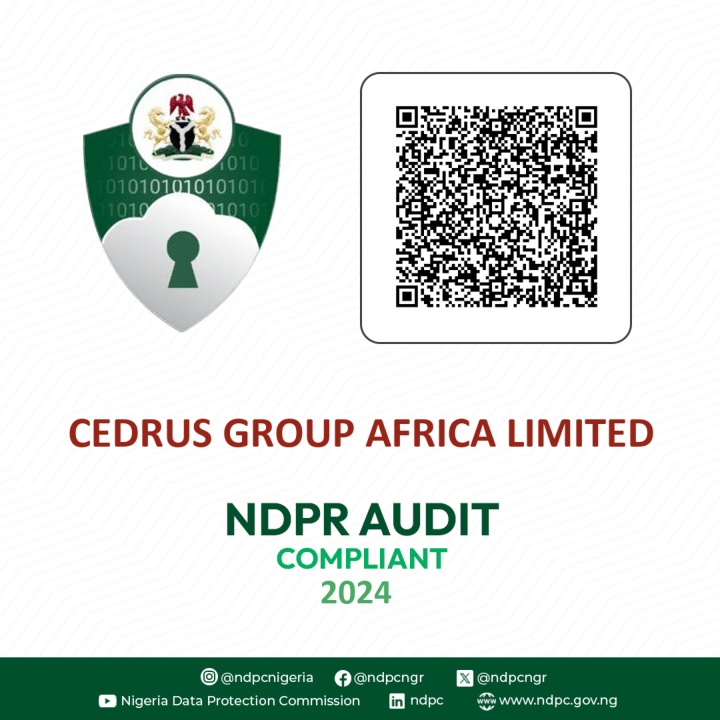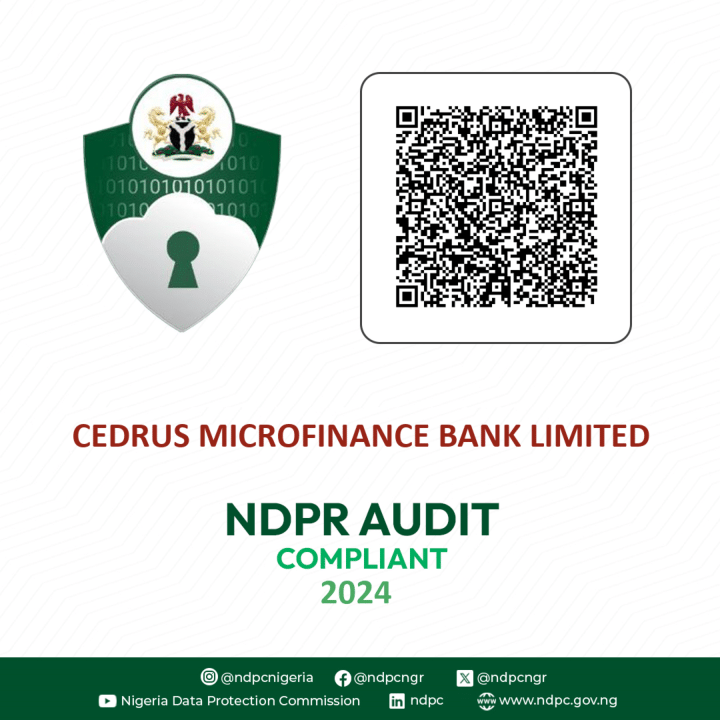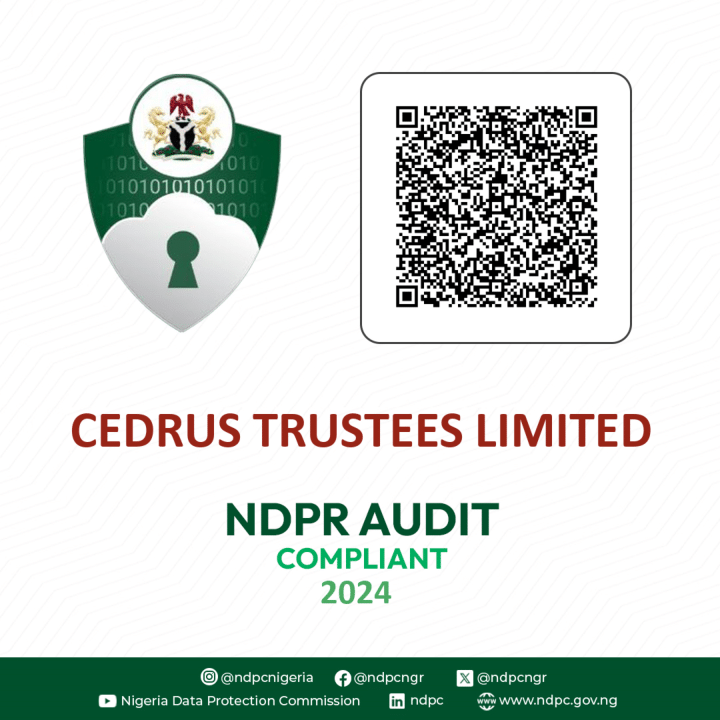Trusteeship FAQ
A trustee is a person or firm that holds the legal title property or assets for the benefits of a third party. Trustees are trusted to make decisions and administer assets in the beneficiary’s best interests.
A trust is a fiduciary relationship in which one party, known as a settlor, gives another party, the trustee the right to hold title to property(ies) or assets for the benefit of a third party, the beneficiary.
Revocable trust – this can be amended or revoked by the settlor during their lifetime. Once the settlor dies, it becomes irrevocable
Irrevocable trust – this cannot be changed after they are made. They are often used to fund legacies for children or grandchildren or make gifts of property or life insurance.
Testamentary trust is a trust set up in a person’s Will. Ittakes effect after the grantor has died.
Estate planning involves determining how an individual’s assets will be preserved, managed, and distributed after their demise or in the event they become incapacitated.It takes into account the management of an individual’s properties and financial obligations.
Yes. Believe it or not, almost everyone has an estate. Your estate is comprised of everything you own such as houses, cars, stocks, artworks, life insurance, pensions, savings accounts, investments, furniture, and personal possessions.
Estate planning does not have to be expensive. If you cannot afford a complex estate plan, start with what you can afford and develop the planning as your needs change, or your financial situation improves. At Cedrus trustee, we will provide critical guidance and ensure the documents are properly prepared.
If you die without an estate plan, your assets will be distributed according to the native/customary laws or the Administration of Estate Laws of the State. These laws create a hierarchy of inheritance among the surviving relatives which may be contrary to your intentions.This means that your spouse and children could receive only a fraction of your estate, which may not be enough.
A trust deed is a legal document that describes the terms and instructions of the trust. It sets out the scope of the trustee’s duties and powers.It also identifies the parties to the trusti.e., the settlor, the trustee and the beneficiary(ies).
The benefits of setting up a trust include the following:
- A trust allows you to give instructions for your care after retirement or in an event of incapacitation.
- With a trust, you can provide for your beneficiaries including spouse(s) and children from broken marriages.
- It allows you to appoint guardians for minors in an event of your demise or incapacitation.
- With a trust, you can establish periodic gifting to beneficiaries or charitable organizations.
- A trust allows you set up funeral arrangements.
- A trust gives you the opportunity to provide for loved ones who may be irresponsible with money or may need future protection from creditors.
- With a trust, you can avoid lengthy and expensive probate process. While assets controlled by your Will have to go through probate to be verified and distributed according to your wishes, trust assets usually don’t.
- Your assets will not be subject to claims after your demise if they are distributed during your lifetime.
- A trust can endure beyond your lifetime, becoming a source of lasting income and upkeep for your spouse, a child, or others whom you choose.
Our duties as trustees include but are not limited to:
- Acting in the best interests of the current and future beneficiaries.
- Complying strictly with the duties and instructions set out in the trust deed.
- Keeping clear and accurate account for the trust and provide beneficiaries with any information or documents relating to the trust.
- Acting impartially between beneficiaries and ensure one beneficiary does not suffer at the expense of another.
- Investing trust assets in a prudent (conservative) matter, in a way that will result in reasonable growth with minimum risk.
- Exercising a reasonable degree of skill and care when managing the trust assets
- Not to delegate the trustee’s duties to another party.
- Separate the trust’s assets and properties from the trustee’s property.
- Defending the trust against legal challenges.
They are both important. Most estate plans have both a Will and one or more trusts. However, a significant difference between a will and a trust is that the asset to a Will goes through the probate process while property that subject to a trust avoids probate. At Cedrus Trustees, our experts will assist to determine which fits best with your estate and your goals for costs, efficiency, privacy and more.
A tutelage trust is a private trust created with the sole aim of providing funding for the education of the beneficiary of the trust. The edge of this product over other trust products is that it guarantees uninterrupted qualitative education for the beneficiary of the trust.
A Welfare trust is a private trust created with the sole aim of providing funding for the welfare of the beneficiary. Welfare includes education, health, feeding, clothing and shelter.
A personal wealth trust is a private trust created by an individual with the objective of building wealth. This product enables the settlor to commit a certain sum into the trust fund for wealth creation. The trust fund is invested by the Trustee and upon request, credited to the named beneficiary of the Trust.
A Corporate Wealth Trust is a private trust created by a corporate entity with the aim of building wealth. The product enables the corporate entity to commit a certain sum into the trust. The trust fund is invested by the Trustee and on request, credited to the named beneficiary. This trust helps businesses create wealth and earn returns from regular savings.
A targeted savings plan trust is a private trust created by an individual, empowering the Trustee to hold, manage and invest their savings plan till they attain a targeted savings benchmark. With this trust product, an individual can commit to saving a certain sum in the trust towards achieving a targeted savings objective.
A retirement lifestyle trust is created to supplement the funds available in the Retirement Savings Account. This product is suitable for persons retiring in few years and require more than their RSA to maintain their lifestyle and vision.
Living Trust is a legal arrangement made during the Settlor’s lifetime by which they appoint a trustee and transfers their assets to the trustee to manage and administer for the benefit of designated beneficiaries. This kind of trust also helps to avoid probate levies on assets such as landed properties, funds, shares, etc.
Upon the demise of the settlor, the trust becomes irrevocable. This means that changes can no longer be made to the trust.
This is a pay-on-death trust that helps to avoid the rigors of probate and mitigate the probate levy (usually around 10%) associated with processing Letters of Administration. The trust helps the Settlor avoid the delay that is usually occasioned at the probate registry and seamlessly transfer wealth from one generation to the next.
This product will help people living outside Nigeria to create a trust for the welfare of their loved ones within Nigeria. It can also be used for the execution of certain projects or investments in Nigeria.
A will is a legal document that directs the distribution of your assets after your death to your designated heirs or beneficiaries. It can also include your instructions for matters that require decisions after your death. A will can direct an executor to create a trust and appoint a trustee to hold.
The legal age for making a will is 21 years. Wills are not exclusive to old people, it can be written by people who are 21 years and above.
You can amend or cancel your Will in the following ways;
- By destruction of the Will, the destruction must be an intentional one and not destruction by accident.
- By making a new Will or Codicil.
- By subsequent marriage of the Testator.
A Codicil is an additional document executed by a person who had previously made his or her will, to modify, delete, qualify, or revoke provisions contained in it.
There is no minimum amount requirement to set up a trust. A trust can be set up with as low as N20,000 (Twenty Thousand Naira).
Our duty as trustee is to ensure that all instructions in the trust deed are strictly adhered to. Our responsibilities upon the demise of the settlor include the following:
- Communicating, calculating and distributing the assets to the beneficiaries.
- Collecting, inventorying and valuation of all assets.
- Paying creditors, estate expenses and funeral costs.
- Filing income and estate tax returns.
- Liquidate real estate or other assets of the estate.
- Preparing and providing accounts to the beneficiaries.
No. Not when you appoint Cedrus Trustees as your trustee. Our clients are usually pleasantly surprised to discover how competitive our annual fees are. We also offer complimentary services.
No. However, we need to understand your financial goals and visions to enable us to provide appropriate advice.
Absolutely not. You have full control over your property. You can continue to manage your property and even cancel the trust at any time.
Cedrus Trustees Limited is a trust service company licensed and regulated by the Securities and Exchange Commission (SEC). Our team consists of professionals with decades of experience in estate planning, financial services, and succession law. Our services are carefully tailored to meet each client’s need and help clients grow, plan their estate, and manage their wealth.

